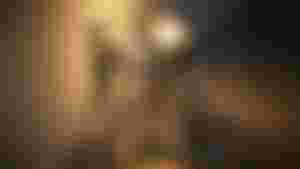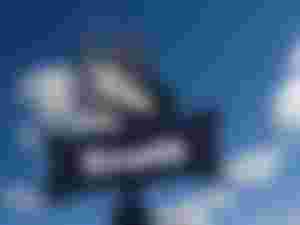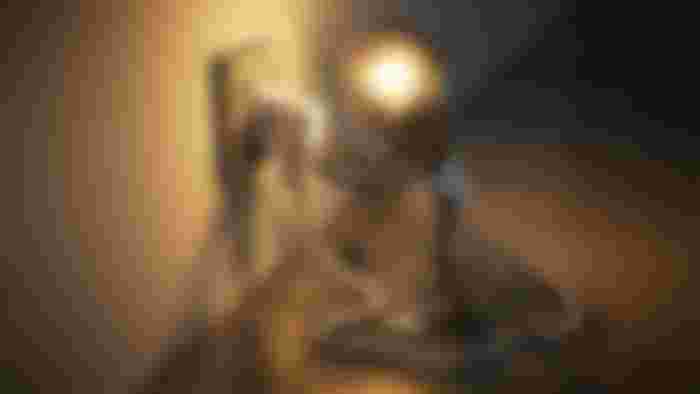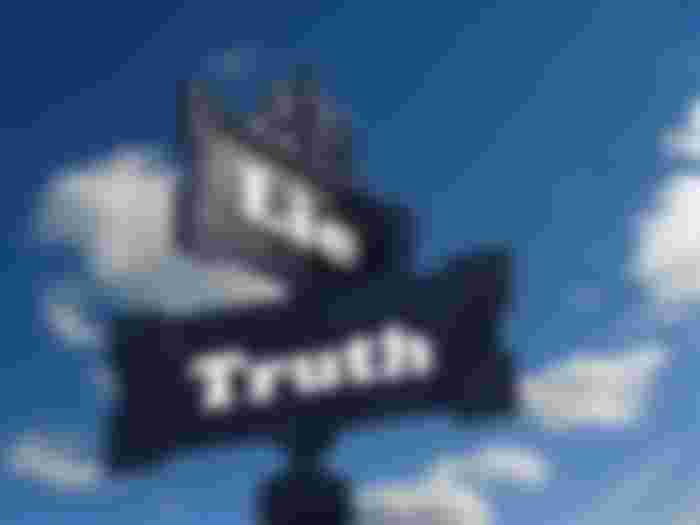Our ideas do not always work out the way we thought they would. Our opinions are not always on point nor are they palatable to others.. What we deem as truth may indeed be a lie. Such is the nature of life.
Ideas
I know an older gentleman in his mid-60s. As far as I am concerned, he is well learned, witty, and at times, impetuous. One day when he was 11 he broke his throwing and writing arm while playing baseball.
As he lie in his bed wondering how he was going to complete his school assignment he came up with what he thought was a great idea.

Since he could grasp neither a pencil or a pen tightly enough to write, he used his left hand to scribble down what he could for his assignment. Later, he expanded on his idea, even raising it with his father who merely laughed at him.
Discouraged, he gave up on his idea. Imagine his surprise some years later when the first computer tablet was manufactured and released to the market: the GRiDPad 1900, which was released in 1989. This allowed a user to merely touch the screen and type. Not long afterwards the first iPad was released.
His was a great idea, sure enough, but he never followed up on it due to his father's discouragement. He did go on to invent a new toothbrush that featured a curved handle with a dental floss dispenser on the end, but the idea was stolen. Such is life.
Lesson? Follow up on your ideas! Do not let others discourage you from the success you were meant to have.
Opinions
Everybody has a multitude of these! Ask anyone a question on any matter and they will likely tell you what they believe.
Some 405 years ago a philosopher, mathematician and astrologer named Galileo gave his opinion of a heliocentric solar system - that the earth orbited around the sun. Bold dude!
The Catholic Inquisition called Galileo on the carpet in 1616 and advised him not to speak further about his heliocentric heresy. He did not listen to the Inquisitors.

On May 10, Galileo was prosecuted by the Catholic Church and spared the death penalty when he was found guilty of a strong suspicion of heresy, a far lesser charge than actual heresy. This is because Galileo confessed that he really didn't believe the earth orbited around the sun, but rather he was merely showing off his debating skills. He did so (wrongly) to save his skin. Such is life.
Lesson? Stick to your beliefs if there is scientific proof. You see, Galileo was the father of the scientific method.
Truth
We are hard pressed to know what is truth today. Opinions are expressed as truths. Yes, some are, many are not. As noted above, even though Galileo knew he was being truthful about his scientific discovery, he renounced it under pressure from the Inquisition of the Catholic Church.

People have opinions about who Jesus is, too. Most are opinions, but there is only one truth that can set us free, and that is Jesus.
Opinions versus truth
So who was/is Jesus? Take a look at some opinions people had and have about Jesus.
Some people believed Jesus was “a good man,” while still others believed He was leading "the people astray” (John 7:12).
Meanwhile, the Jewish leaders (Pharisees and Sadducees) were simply astounded by His learning and understanding of the Old Testament Scriptures. Indeed, they believed Jesus had “never been educated” (John 7:15).
Some in the crowds around Him proclaimed to Jesus, “You have a demon” (John 7:20). This they said in response to the miracles He performed.
Other individuals sincerely believed that Jesus could not possibly be the promised Messiah because “no one [knew] where He [was] from” (John 7:27).
And there also was a bevy of folks who believed Jesus was “the Prophet” (John 7:40) – the one who would succeed Moses (Deuteronomy 18:15).
Others believed Jesus was indeed “the Christ,” while still others thought He couldn't possibly be since He was from Galilee and not from Bethlehem (John 7:41-42).
But of course, Jesus was born in Bethlehem (Matthew 2:1) as a fulfillment of prophecy (Matthew 2:5-6; cf. Micah 5:2); however many of these people were unaware of this truth.
But when Jesus asked His 12 disciples what people were saying about who He was, they told Him, “Some say John the Baptist; and others, Elijah; but still others, Jeremiah, or one of the prophets” (Matthew 16:14).
We observe that many opinions were offered but only one truth. Such is life.
Dialogue
All of us have ideas, opinions and hold to some truths. They tend to merge and can at times blur together.
One day Jesus asked Peter who he thought He was (Matthew 16:15).
Peter answered truthfully: "You are the Christ, the Son of the living God” (Matthew 16:15).
But check out the reply of Jesus!
“Blessed are you, Simon Barjona, because flesh and blood did not reveal this to you, but My Father who is in heaven” (Matthew 16:17).
Our question
We all have a question to which we must give an answer, namely: Who do you say that Jesus is?
Our answer will reveal our idea, opinion and truth that we hold. Such is the difference between life and eternal life spent with Him.



Hmm.. whomever the Son has set free, he's free indeed because He's truth personified